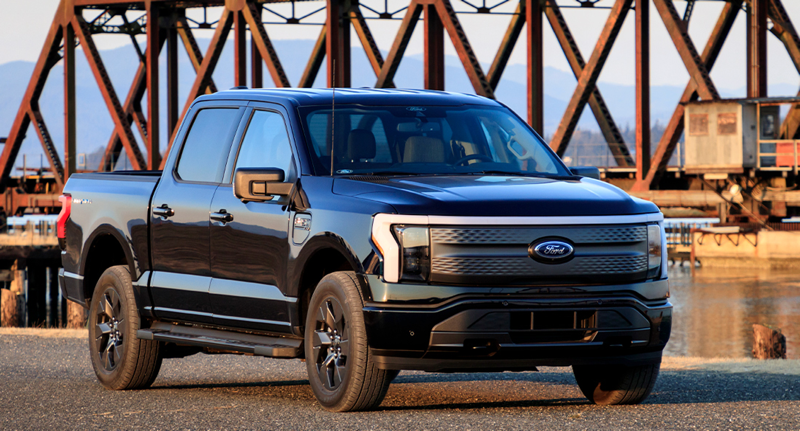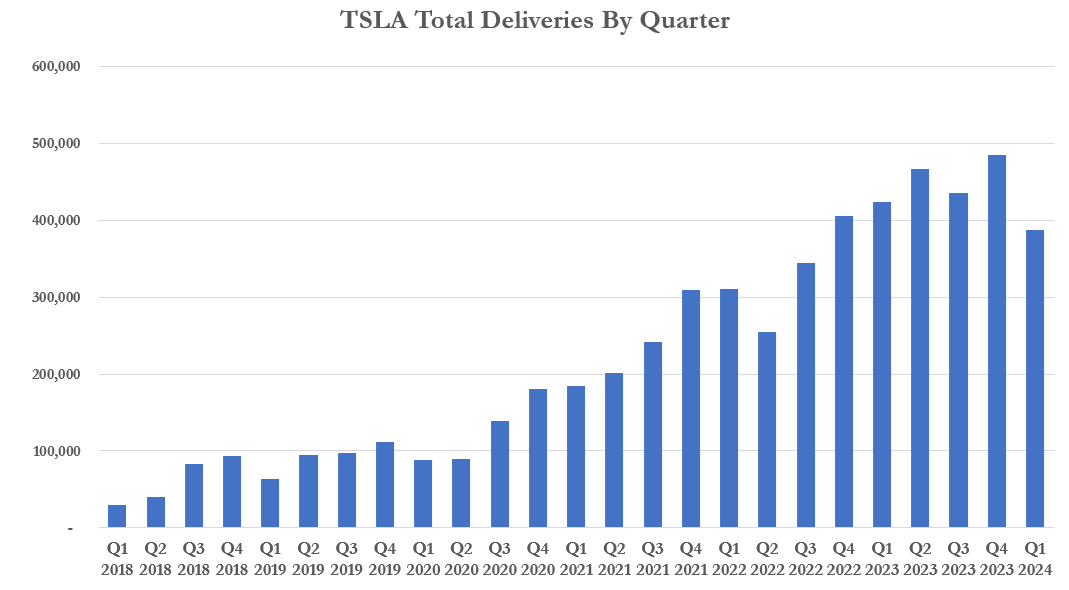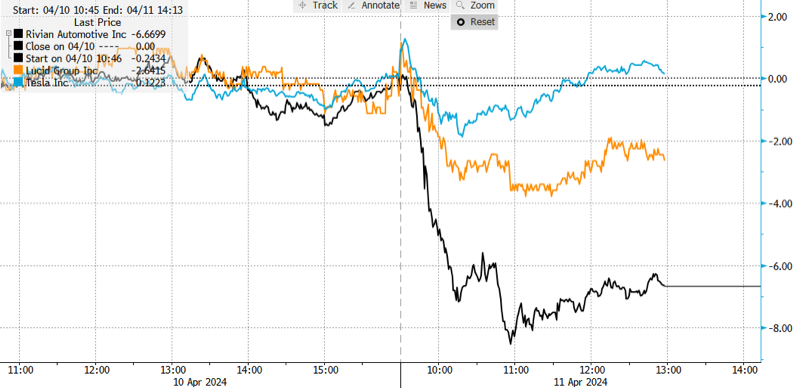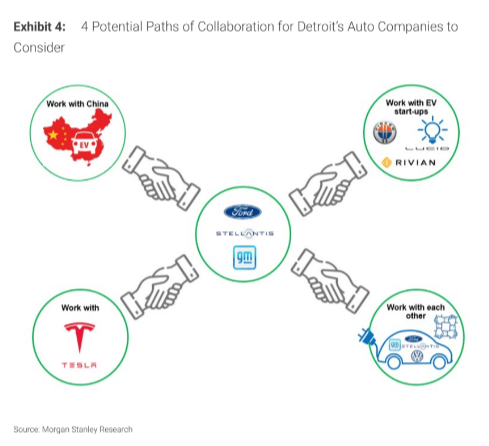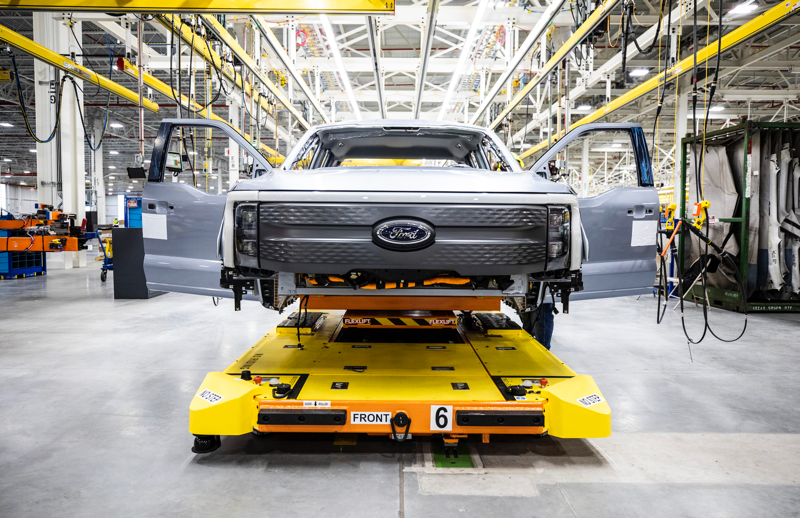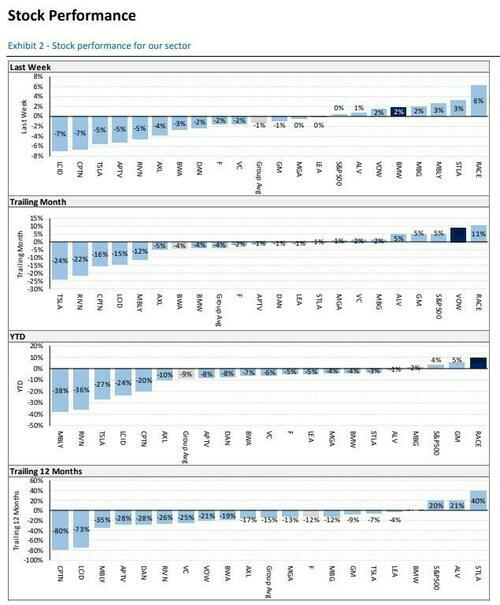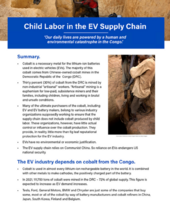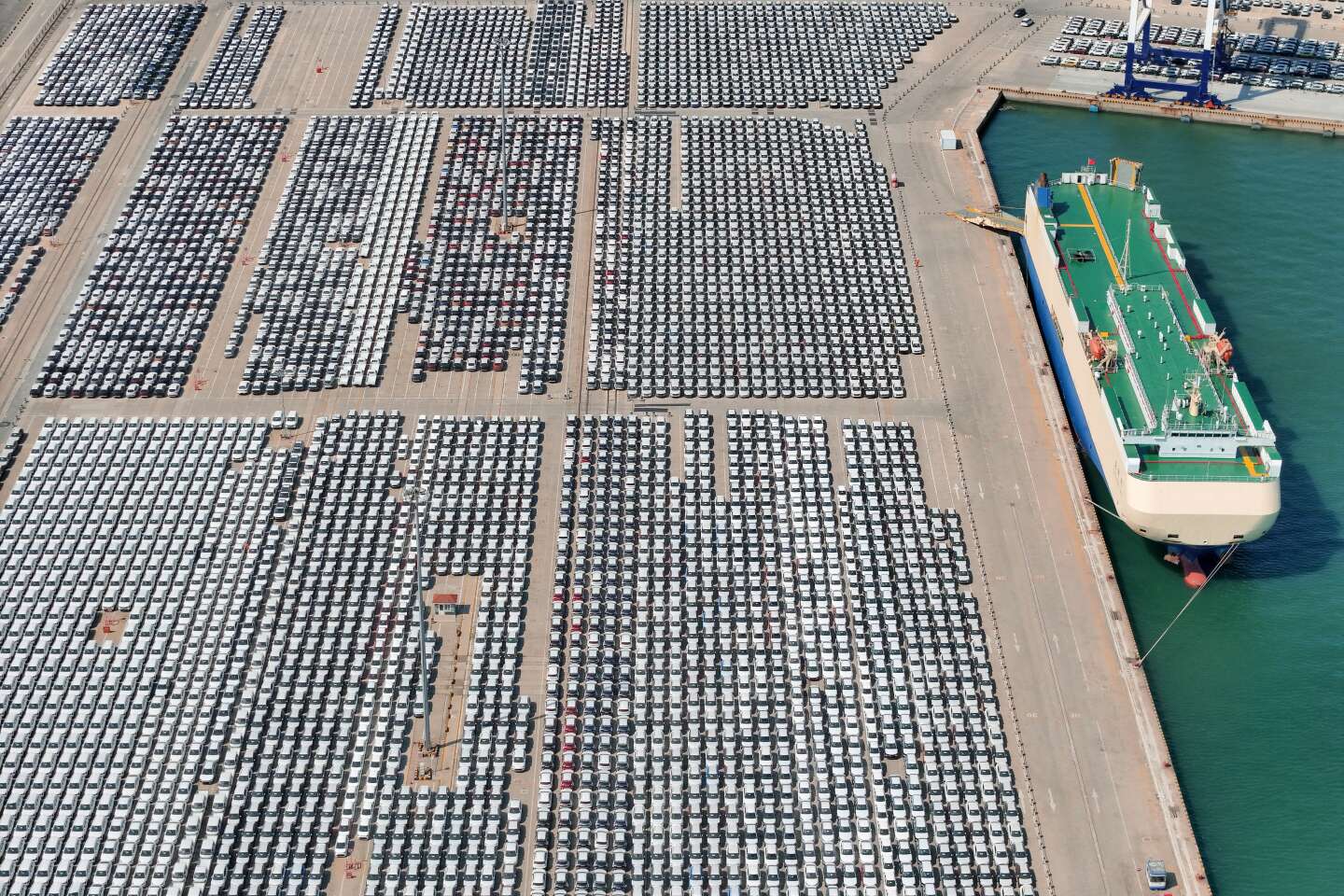ksmithaz1
Solar / EV Junkie
I also think that the excessive government intervention creates most of the polarization we see here around EV's, which makes me sad. A few tax incentives to kickstart a nascent industry is not always a bad result, though as a libertarian I find it distasteful. Forcing change at high rates creates blowback that we are starting to see, that will create animosity to EV's that may take a long time to dissipate. Musk proved there was a market for the technology, and it was growing organically quite well. Even the EA/VW settlement was not a horrible idea, it has allowed travel coverage for EV owners, albeit much like looking for fuel in places going cross-country in the 1930's and 40's (even up to the late 50's early 60's). At this point the kick is done. The industry will thrive on it's own, if they would just leave it be, and the products will improve. State and local governments will adapt to the tax ramifications, and the tech will gradually gain wider and wider adoption.
Oddly in the early, early, days most women preferred electric to gas powered vehicles. They were more trouble free, no smelly fuels, no crank starting, etc. Obviously without adequate battery tech and rechargable batteries, eventually the gas powered vehicles took over and the tech improved, electric starters, better fueling options, ... As the battery tech improves I think many of these same advantages will begin to sway general public opinion. It's kind of funny but I've been following EV's for a long time, over and over, the same stories are told even with todays EV's. Once the ladies start driving the EV they don't want to give it back. It's anecdotal, but a repeating theme, I bought this EV and my wife didn't want to go near it, 6 months later she won't let me drive it.
I had a discussion around 'What if it breaks down? That would be really bad with an electric,' Well, breaks down how? Flat tire? any car can get a flat, make the call we have cell phones now. Blown radiator hose or heater hose? Hole in the radiator? Popped a freeze plug? Water pump? Broken timing chain? Bad fuel pump? Clogged fuel line? Bad injector? Leaky fuel rail? Road debris cracks the oil pan? Dead alternator? Dead 12v battery? This can/has been frustrating in EV's as well, but most issues are now resolved by firmware activating the buck converter when it goes low. Electrical problem? I'm going with the electrical system being worse on an ICE, the electrical system and sensors wrapped around a modern ICE engine are far, far more complex. Electrics do deal with stuff like regen,and monitoring power usage. How about the automatic transmission failing and spraying fluid all over the ground as you coast to a stop. Not to mention soft failures like limping home after unplugging the wire to a bad MAF, or duct taping a vacuum line keeping the car from idling, broken chokes, blah, blah. Every one of these things has happened to me some more than once.
There are way fewer moving parts in an EV, and far fewer random hoses and wires snaked into cubbies in a hot engine compartment. If your A/C compressor siezes and locks the clutch, in an EV, you pop a fuse, keep going. In an ICE you might snap a serpentine belt, after it screams at you for a bit. This happened to me in my Olds 88, driving thru Texas just outside Midland. That was a fun day. The EV achilles heel is the traction battery systems they just need to improve a bit more.
Oddly in the early, early, days most women preferred electric to gas powered vehicles. They were more trouble free, no smelly fuels, no crank starting, etc. Obviously without adequate battery tech and rechargable batteries, eventually the gas powered vehicles took over and the tech improved, electric starters, better fueling options, ... As the battery tech improves I think many of these same advantages will begin to sway general public opinion. It's kind of funny but I've been following EV's for a long time, over and over, the same stories are told even with todays EV's. Once the ladies start driving the EV they don't want to give it back. It's anecdotal, but a repeating theme, I bought this EV and my wife didn't want to go near it, 6 months later she won't let me drive it.
I had a discussion around 'What if it breaks down? That would be really bad with an electric,' Well, breaks down how? Flat tire? any car can get a flat, make the call we have cell phones now. Blown radiator hose or heater hose? Hole in the radiator? Popped a freeze plug? Water pump? Broken timing chain? Bad fuel pump? Clogged fuel line? Bad injector? Leaky fuel rail? Road debris cracks the oil pan? Dead alternator? Dead 12v battery? This can/has been frustrating in EV's as well, but most issues are now resolved by firmware activating the buck converter when it goes low. Electrical problem? I'm going with the electrical system being worse on an ICE, the electrical system and sensors wrapped around a modern ICE engine are far, far more complex. Electrics do deal with stuff like regen,and monitoring power usage. How about the automatic transmission failing and spraying fluid all over the ground as you coast to a stop. Not to mention soft failures like limping home after unplugging the wire to a bad MAF, or duct taping a vacuum line keeping the car from idling, broken chokes, blah, blah. Every one of these things has happened to me some more than once.
There are way fewer moving parts in an EV, and far fewer random hoses and wires snaked into cubbies in a hot engine compartment. If your A/C compressor siezes and locks the clutch, in an EV, you pop a fuse, keep going. In an ICE you might snap a serpentine belt, after it screams at you for a bit. This happened to me in my Olds 88, driving thru Texas just outside Midland. That was a fun day. The EV achilles heel is the traction battery systems they just need to improve a bit more.



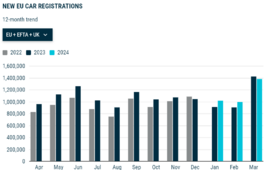
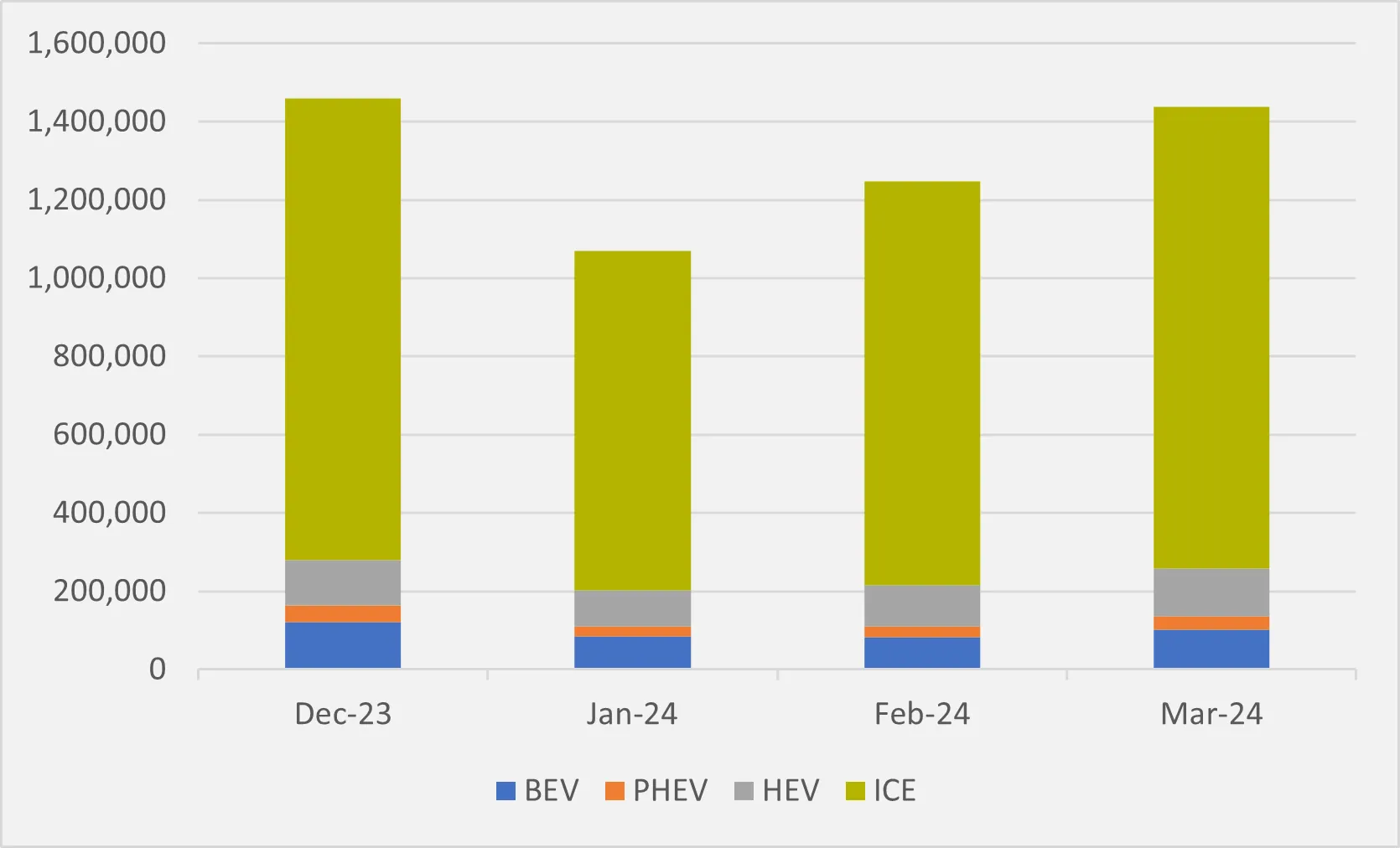
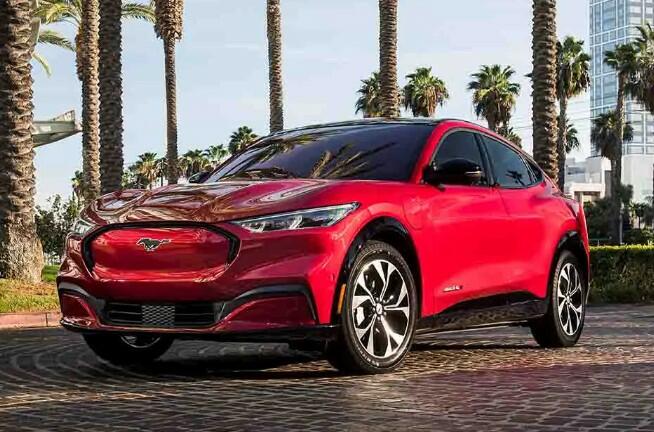
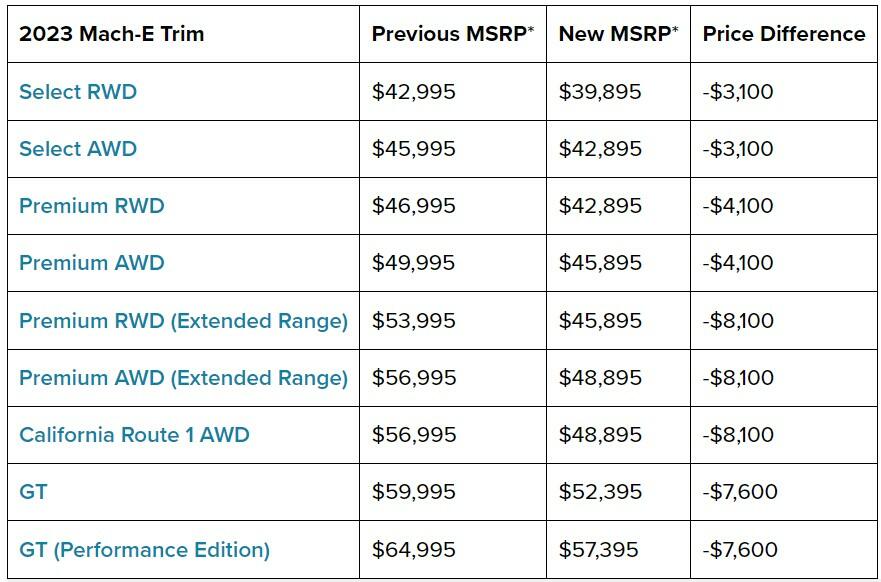 Source: Electrek
Source: Electrek